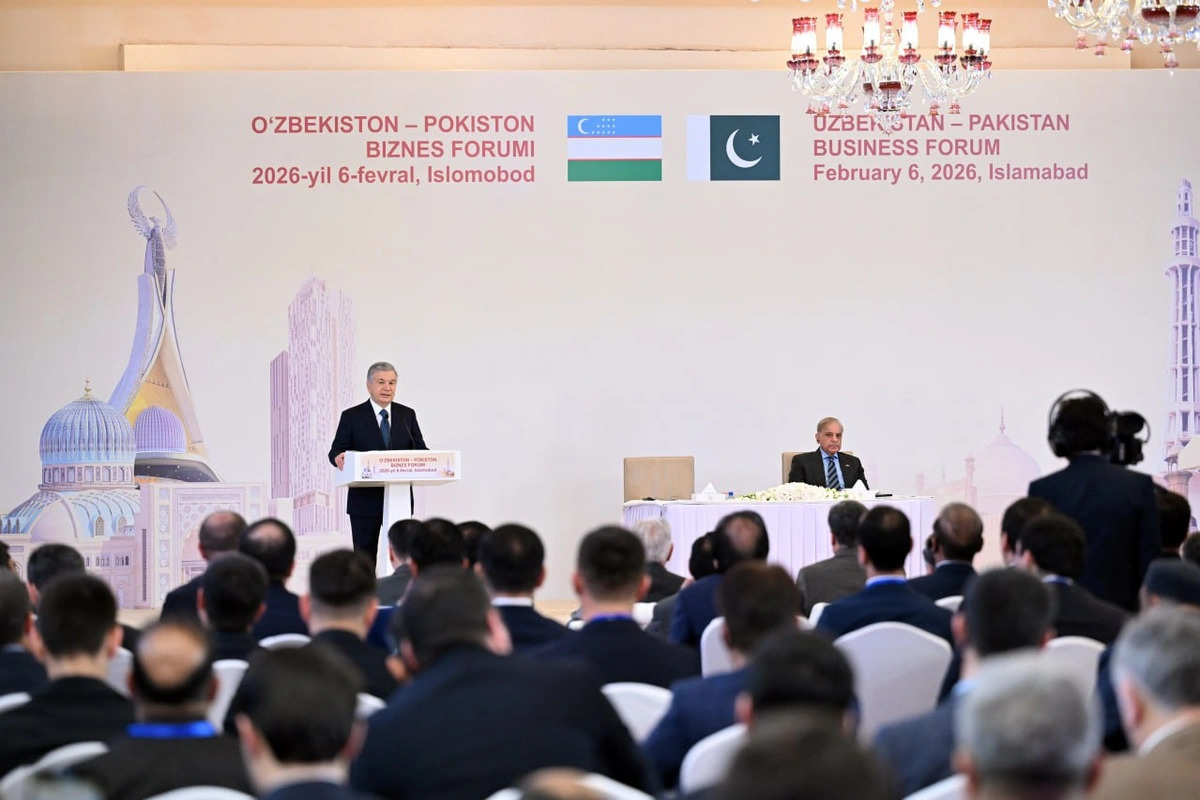On May 2, 2017, a joint project of the Chamber of Commerce and Industry and UNDP 'Business Forum of Uzbekistan (Phase III)' held a round table on further improving the business environment and raising Uzbekistan’s ranking in the World Bank's ‘Doing Business’ report.
Today, the intensification of efforts aimed to increase the attractiveness of the business environment and the investment climate is becoming increasingly important, as small businesses and entrepreneurship provide employment and increase the people’s incomes. As a result, people’s lives are getting better. Furthermore, creation of favourable conditions for people is an important task for the country's government and the United Nations Development Programme in Uzbekistan.
In recent years, Uzbekistan has taken extensive steps to improve its institutional framework for doing business. On the one hand, the ongoing reforms aim at improving the interaction between the government and the private sector through simplifying and reducing the cost of all registration, permission and licensing procedures, and streamlining tax and customs administration, accounting and reporting systems. On the other hand, the reforms are focused on reorienting the functions of the supervisory bodies from supervisory control to the prevention of violations.
As a result, the share of small business in the gross domestic product (GDP) has increased from 31% (in 2000) to 56.9% (in 2016), while the number of employees in this sphere has increased from 49.7% to 78.1%.
At the same time, international financial institutions annually evaluate these reforms aimed at creating a business-friendly environment. In particular, one of the most authoritative international ranking is the one of the World Bank's Doing Business which assesses the ease of doing business across 189 countries against 10 indicators.
In assessing the business environment, the World Bank methodology takes into account the worst two indicators – legislation or procedures in practice. This approach is used in assessing the licensing procedures, time and financial costs for businesses.
The country's position in the ranking not only reflects its business environment, but it is also an important criterion for investment decisions by the international business community. Therefore, measures aimed at improving Uzbekistan’s ‘Doing Business’ rankings have become part of the State Programme endorsed by Presidential Decree UP-4947, February 7, 2017.
In this context, experts from UNDP’s ‘Business Forum of Uzbekistan (Phase-III)’ Project developed and presented recommendations, building on their situational analysis, on how to improve the provision of public services for businesses. The roundtable was attended by representatives of government ministries and institutions responsible for providing public services to businesses.
During the event, it was noted that Uzbekistan ranked 87th in the ‘Doing Business 2017’ ranking among 189 countries and became a leader in the Central Asian region by several indicators. Previously conducted work on streamlining the public services for business positively reflected by the indicators ‘Registering Property’ and ‘Protection of Minority Investors’. Uzbekistan improved its ranking by 6 and 8 positions, respectively, compared with 2016.
Implementation of the measures on simplifying procedures related to obtaining licenses and permits, certification procedures for exports and imports led to reduction in time and financial costs for customs clearance and transportation of goods in international trade operations. Tax reforms have also been positively reflected in the World Bank's ranking.
Based on the tasks on further improvement of the country’s business climate, the UNDP project experts presented their recommendations for all 10 indicators assessed by the World Bank (‘Starting a business’, ‘Dealing with Construction Permits’, ‘Getting Electricity’, ‘Registering Property’, ‘Getting Credit’, ‘Protecting Minority Investors’, ‘Paying Taxes’, ‘Trading across Borders’, ‘Enforcing Contracts’, ‘Resolving Insolvency’). It was noted that project experts were finalising an analytical report on the impact of the reforms on the business environment and included the provided recommendations.
In particular, the recommendations envisage acceleration of the introduction of national authentication tools in public services, creation the possibility of remote opening bank accounts, amend the legislation on the protection of minority shareholders, simplification of the procedure for registering property, simplification of the procedures for the voluntary liquidation of enterprises and other areas.















